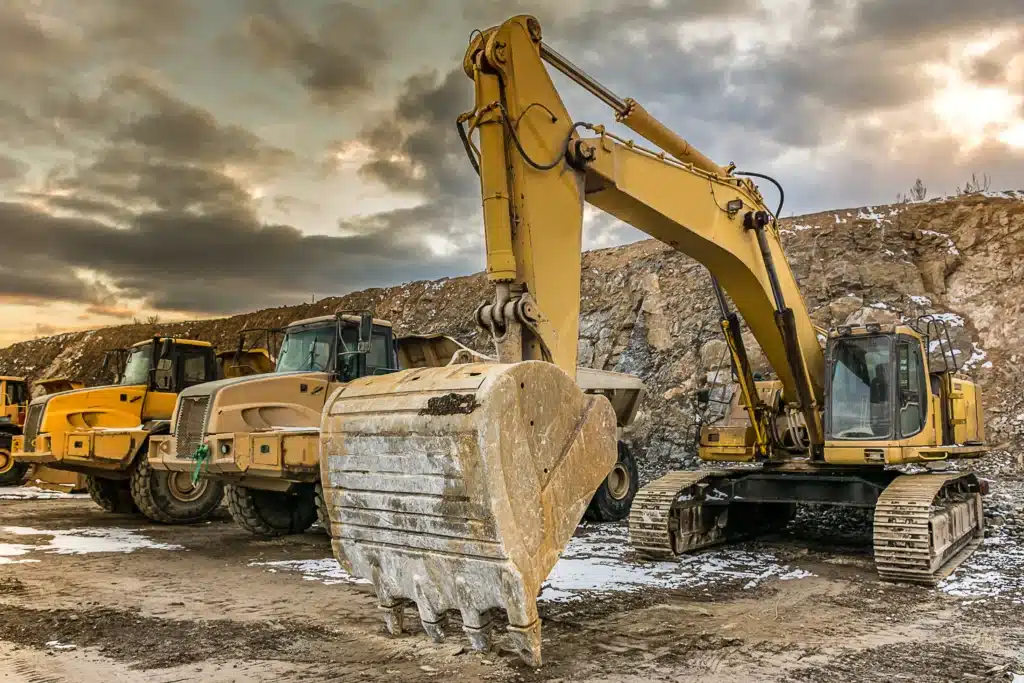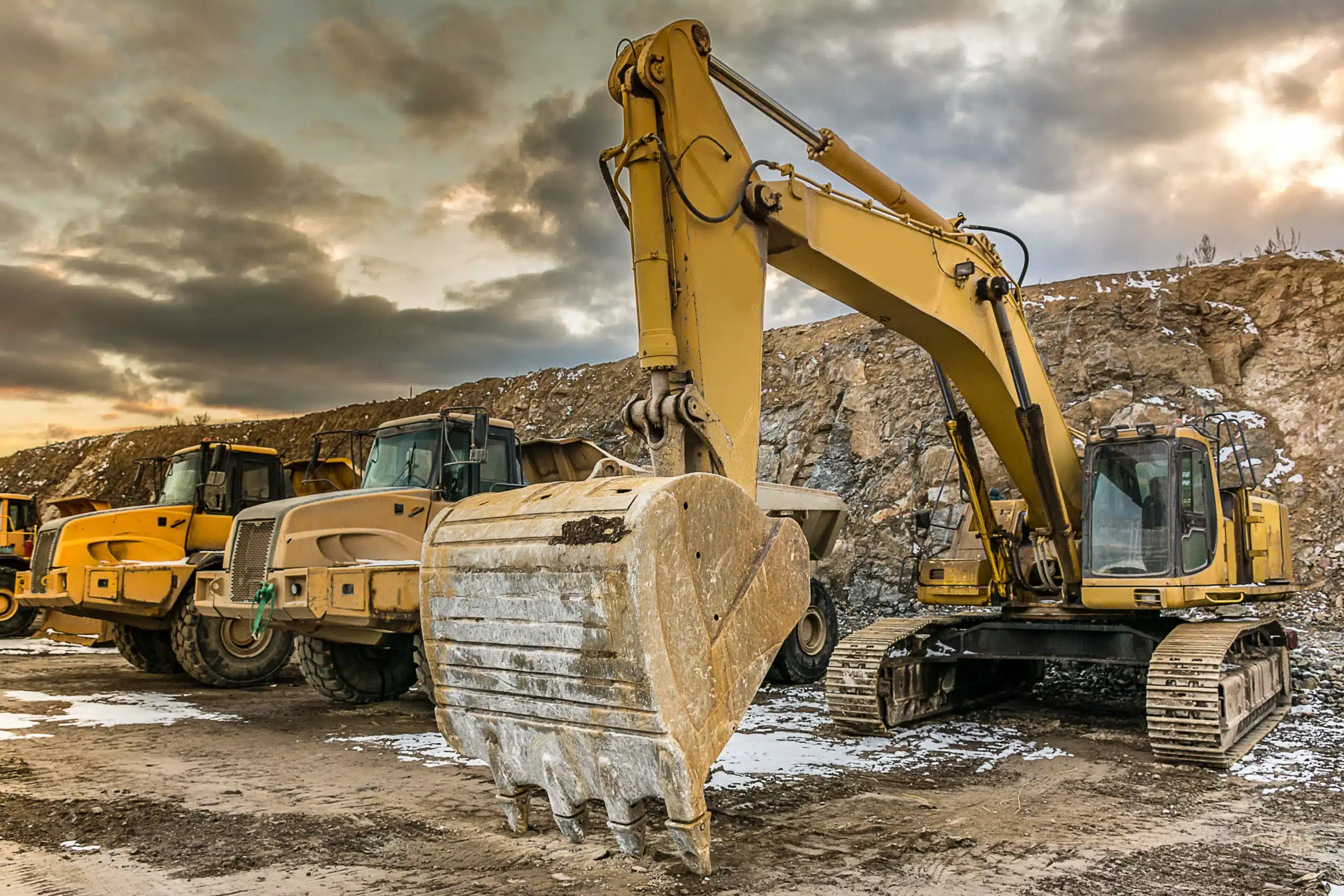
Did you know nearly 80 percent of U.S. companies use some form of financing when they need new equipment? Having access to the right heavy equipment is essential for companies to stay competitive and meet the demands of upcoming projects in a competitive construction marketplace.
Whether you’re buying new machinery outright or exploring leasing options, there are pros and cons to consider either way. Ask yourself the following questions about your business to help determine which equipment financing and leasing option is best.
Table of Contents
1. What Does My Business Need?
Before diving into financing, think about your specific equipment needs. Construction equipment offers versatility, but consider the scale and scope of your current and future projects. Buying the wrong equipment is impractical and impacts project efficiency.
Do you need to update your current equipment? If you’re spending more time and money repairing your equipment than using it to make money for your business, it’s time for an upgrade. Older machinery can lead to increased maintenance costs and decreased productivity. Investing in newer equipment can enhance project efficiency and reduce downtime. Other reasons you may need to update your equipment include business growth, new projects, and the need for specialty-use equipment.
Did you know? Equify expanded financing options for used heavy equipment in the spring of 2024, financing manufacture dates back to 2009 for certain types of equipment. Find your local structured finance representative to talk about your options for financing used equipment.
2. How Long Will I Use New Equipment?
Think about how long you’ll need specific equipment. If it’s for a short-term project with limited future use, leasing might be more cost-effective. Leasing provides flexibility without long-term ownership commitments. In many cases, leasing can still include a rental purchase option (RPO) at the end of the lease term. If you know in advance that you’ll need to use the equipment long-term, equipment financing might be the better option. Financing allows you to purchase the equipment and benefit from its residual value.
Consider maintenance, fuel, transportation, and technology upgrades over the equipment’s lifetime when making heavy equipment financing and leasing decisions.
3. What is My Current Business Cash Flow?
Cash flow is critical for your construction business’s success. In the construction industry, most experience seasonal cash flow fluctuations and projects that are slow to pay out.
Analyze your cash flow position before committing to equipment financing. Leasing typically requires a smaller upfront payment and manageable monthly installments, making it more feasible for businesses with limited immediate liquidity. However, if your cash flow permits, a purchase loan can offer the advantage of asset ownership and could lower overall costs.
Your experienced Equify Financial representative can help you conduct a cash flow analysis to understand the impact of equipment financing and leasing on your business’s financial health. Our team is dedicated to helping you navigate the complexities of construction equipment financing to find the structured finance solutions you need right now, with the flexibility to adjust as your needs change.
Heavy Equipment Financing and Leasing with Equify Financial
Choosing between equipment financing and leasing depends on your circumstances and business goals. Remember, the best financing solution is the one that aligns with your business strategy and financial capabilities. By carefully assessing your needs and consulting with our experts, you can make an informed decision that supports your business’s growth and success.

